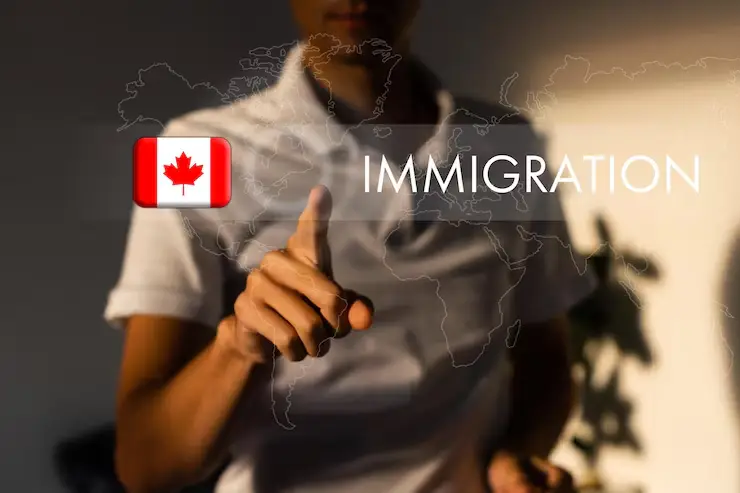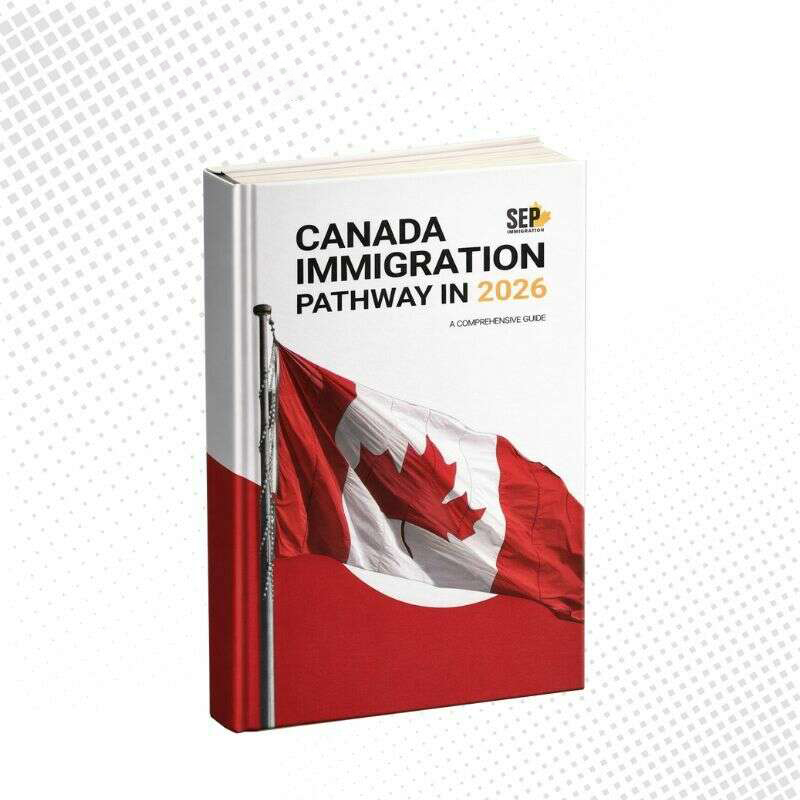Table of Contents
ToggleDetention Reviews in Canada

Canada’s immigration detention system, managed by the Canada Border Services Agency (CBSA), aims to balance public safety with the rights and dignity of detainees.
The system follows the National Immigration Detention Framework, which aligns with the Canadian Charter of Rights and Freedoms and international best practices. Detainees include those who pose certain risks or are undergoing immigration processes.
About Detention Review Hearing
Detention reviews ensure fairness in the immigration detention process:
- Initial Review: Conducted by a CBSA officer within 48 hours of detention.
- Subsequent Reviews: Handled by the Immigration Refugee Board of Canada (IRB) within seven days, then every 30 days.
- Public Access: Generally open, except in cases involving national security or personal risk.
- Outcomes: The IRB decides whether to continue detention or release the individual with or without conditions.
Reasons for Being Detained
Individuals may be detained for several reasons, all based on administrative grounds:
- Flight Risk: Likely to avoid immigration proceedings.
- Identity Issues: Unverified identity, particularly for foreign nationals.
- Inadmissibility: Due to security, human rights, or criminal concerns.
- Public Safety: Considered a danger to the public.
- Special Circumstances: Required to complete immigration examination or if designated as part of an irregular arrival group.

Representation at a Detention Review Hearing
Detainees have the right to legal representation, which plays a crucial role in:
- Challenging detention grounds.
- Proposing alternatives to detention.
- Ensuring fair hearings, with interpreters provided as needed.
Rights of Detainees During Detention Reviews
- Help you understand the reasons for your detention.
- Gather and present evidence that challenges the CBSA’s claims.
- Propose realistic alternatives to detention.
- Documents detailing the reasons for detention.
- Reports from immigration officers or law enforcement.
- Records of past immigration violations or criminal activity.

- Present their side of the story.
- Introduce evidence or call witnesses.
- Cross-examine CBSA representatives or witnesses.
Factors Considered in Detention Decisions
- A history of missing immigration appointments.
- Past instances of ignoring removal orders.
- Using false documents or giving incorrect information.
- A history of violent behavior.
- Convictions for serious crimes, especially those involving harm to others.
- Evidence of involvement in gangs or organized crime.

- Provide any official documents you have, like a passport or birth certificate.
- Explain why there might be gaps or inconsistencies in your information.
- Ask people who know you to confirm your identity, either in writing or in person.
- Showing how your detention is causing hardship for your family.
- Highlighting your role in supporting dependents, financially or emotionally.
- Providing proof of any health issues that might worsen while in detention.
- Requiring regular check-ins with immigration officials.
- Asking for a financial bond as a guarantee.
- Using electronic monitoring to track your location.
Alternatives to Detention

- Will They Show Up? If someone has a history of missing appointments or ignoring legal requirements, it might be harder to justify alternatives.
- Are They a Risk? If there are concerns about public safety, the alternatives need to address those risks.
- What’s Their Situation? The decision-makers also think about the person’s family, health, or other compassionate factors.
Why Choose Alternatives?
- Staying with Family: People can remain connected to their loved ones, especially if they’re caregivers or parents.
- Better Well-Being: Without the stress of detention, individuals can focus on their health, work, or other responsibilities.
- Less Expensive: Alternatives cost less than keeping someone in detention, making them a win for everyone.
Impact of Detention on Individuals and Families

Recent Developments in Canada’s Detention Policies
Looking Ahead
Immigration detention in Canada is managed by the CBSA for administrative purposes, not criminal charges. Detainees undergo regular reviews to assess the need for continued detention.
Detention duration varies. Some are released within days, while others may remain detained for weeks or months, depending on their case’s complexity.
You can contact the CBSA to inquire about a detainee’s status. The agency provides resources to help families and legal representatives stay informed.




